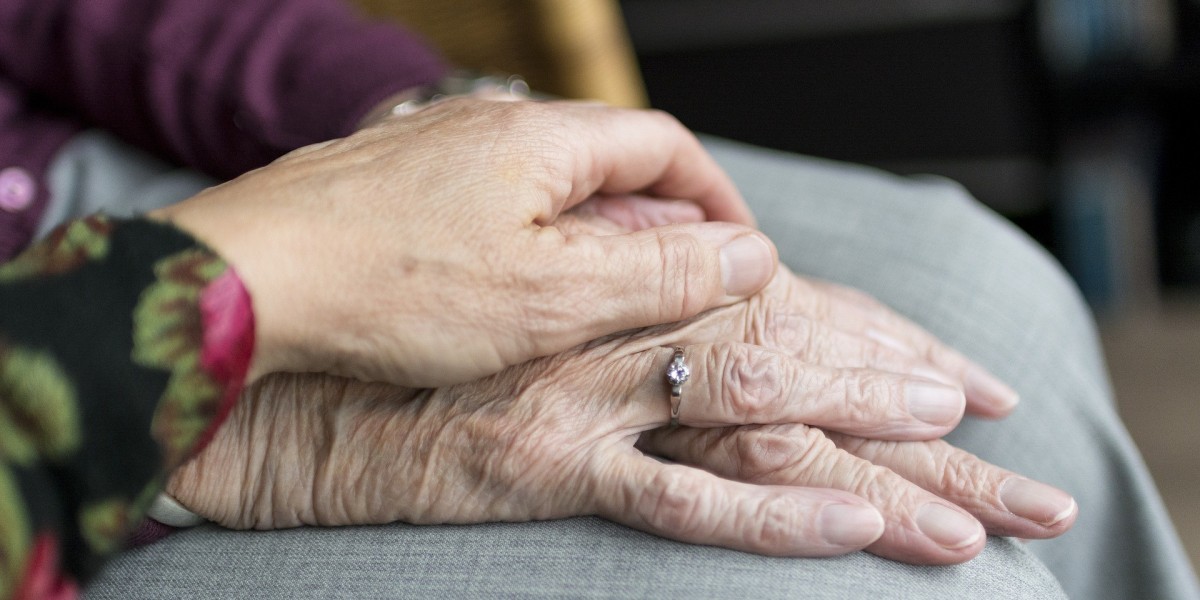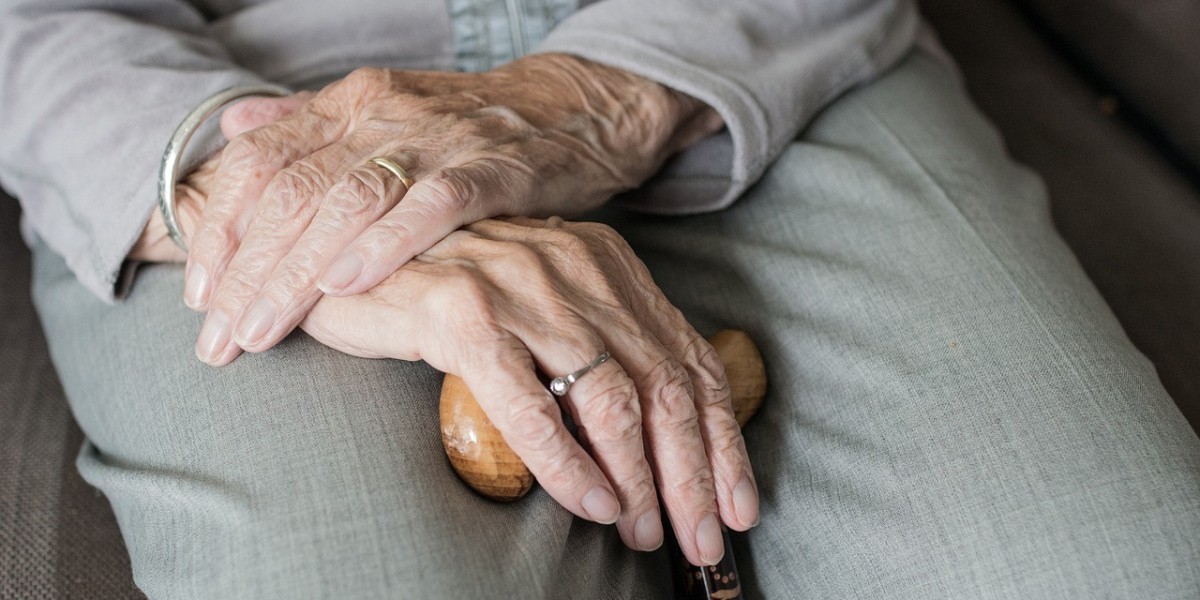In this guide, we explore the importance of seeking help and the various types of assistance available, ensuring that you and your loved one can navigate this journey with confidence.
Why Seek Help and Support at Home?
Acknowledging the need for help with caregiving responsibilities can be emotionally taxing. However, seeking support through home care can bring numerous benefits, both for you as a carer and for the person with dementia:
Relieves physical strain on you, addressing tasks like lifting and dressing.
Reduces agitation and distress for the person with dementia, as paid carers often possess the training and skills for handling challenging caregiving tasks.
Establishes a daily routine for better stability.
Improves your relationship by delegating stressful or upsetting tasks to someone else.
Provides social interaction, reducing isolation for both of you.
Enables you to take essential breaks for self-care.
Supports the person with dementia overnight, ensuring you can get adequate sleep.
Keeps the person with dementia connected to the community.
Ensures proper nutrition and hydration, especially if they live alone.
Facilitates their ability to remain in their own home for an extended period.
Types of Help and Support at Home
We Talk Care recognises the diverse range of support needed for unpaid carers and those with dementia. The types of help and support available include:
Informal help from family members and friends.
Assistance from a cleaner or gardener for household and garden chores.
Befriender services, often provided by volunteers, offering companionship and outings to groups and activities.
Paid carers who assist with personal care and daily living activities, with various frequency options.
24-hour live-in care, where a paid carer stays in the persons home to provide round-the-clock support.
Accepting Help from Family and Friends
Accepting help from family and friends might sound like a sensible option, but youd be surprised at the amount of caregivers supporting a loved one with dementia who dont feel that they can reach out to their network to lend a hand .
While it may feel challenging, people often want to assist but might be unsure of how to offer their support, but if you do have a friend or family member wanting to help ease the load, here are a few suggestions on simple tasks that theyll be able to assist with:
Picking up shopping or prescriptions.
Assisting with cooking or cleaning.
Spending time with the person with dementia, taking them out for activities, or to a caf, allowing you some respite.
Accompanying them to hospital and other appointments.
Providing a listening ear.
Community Schemes and Services
Many areas offer community support services that can aid you in your caregiving role. We recommend contacting your local council, the person's GP or social worker to discover what's available in your area.
Community support may include:
Befriending services for companionship at home or outings.
Day centres for structured activities.
Lunch clubs.
Memory cafs.
Dementia support groups.
Meal delivery services.
Telecare services such as personal fall alarms, often offered by local councils through social services.
As you embark on this journey of caregiving, remember that We Talk Care is here to support you every step of the way. Seeking assistance is not a sign of weakness but a demonstration of your commitment to providing the best care possible.
Connect with our community of caregivers that understand your challenges and explore the resources we offer to ensure you and your loved one receive the support you deserve.








